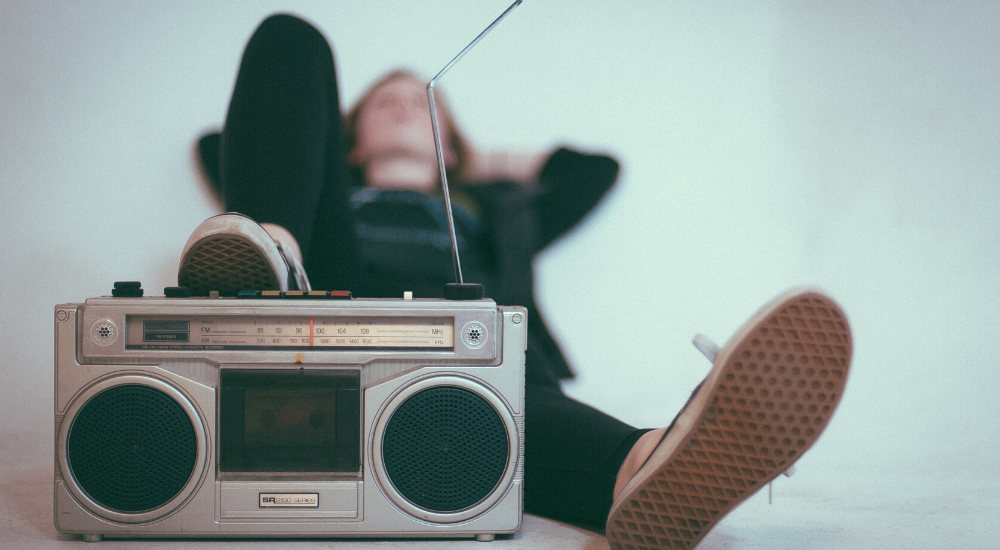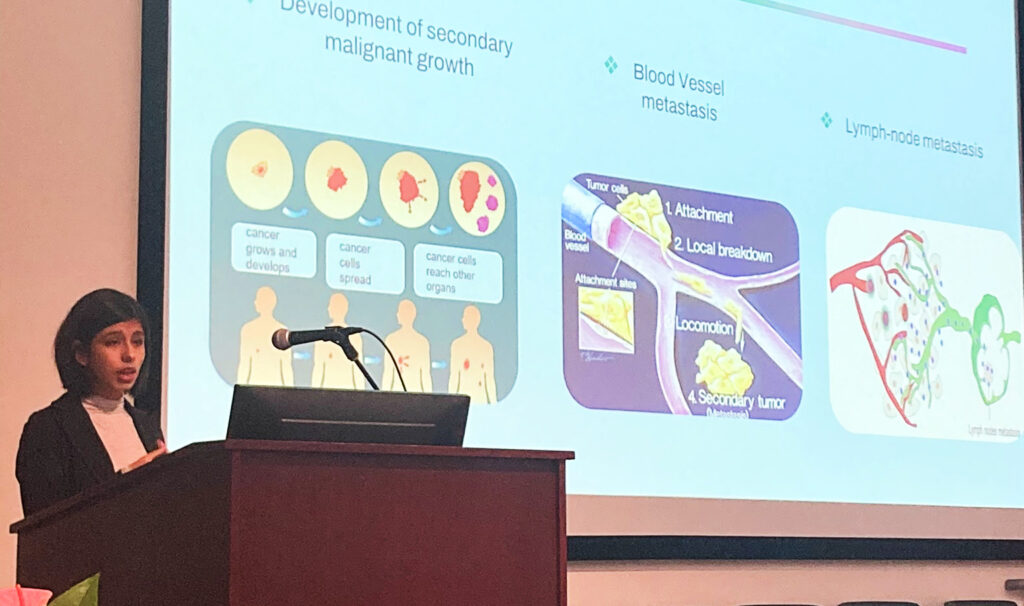I love music. Who doesn’t? For many people, music is a great way to relax. As an undergraduate student, I tend to easily let myself get overwhelmed with classes, homework, and jobs. However, as a passionate musician, I found that songwriting or simply listening to music as music therapy is a great coping mechanism to deal with whatever obstacles I may be facing, most specifically when I get stressed and anxious.
The Health Benefits of Music Therapy
I have always known about music therapy and the many benefits it can have on an individual. I didn’t fully utilize music therapy until my senior year of college when I started getting really anxious about the amount of work I had. That led me to do more research on music therapy and how much healing it can do.
According to the American Music Therapy Association, music therapy is an established health practice in which music is used as a clinical component to address the physical, emotional, cognitive, and social needs of individuals. In order to practice clinical music therapy, a professional degree in the field, as well as knowledge in psychology, medicine, and music, are required. However, therapeutic music therapy can be practiced by anyone! At times, it can bring just as many benefits as clinical music therapy.
In her blog post on music therapy, Julie Matthews explains how much better music made her feel when she was going through her treatment for leukemia. Listening to music was often a way for her to make herself smile, and sometimes a way to help herself cry.

Music Therapy Sessions
Many people assume in order to experience a benefit out of music therapy a certain level of musical ability is required. The truth is you could be completely musically illiterate and still be positively affected by music therapy. All you have to do is set some time aside for yourself and dive into it.
Each person is different and each therapy session should be tailored to an individual’s unique situation. Make sure to set aside about thirty minutes to an hour of your day. This is the average length for an effective music therapy session. Once you set aside the time, direct your focus and attention towards the music. Your session may involve playing, listening, writing, reflecting on the meaning of lyrics, or even performing movements to music.
Create Your Own Session
When I get very anxious and overwhelmed, I follow the following steps to experience a beneficial music therapy session:
- First, I listen to some of my favorite songs to relax a little.
- Then, I play some chord progressions on the piano that sound pleasing to my ear.
- Once I have a solid chord progression that I enjoy, I write down lyrics about what I am feeling and why I am feeling that way.
- When I have about a whole verse and chorus together, I play it a couple of times. Then, I start reflecting on it. By the end of the session, I feel better and relaxed. It leaves me feeling like I got my anxiety out of my body by releasing it out through music.
Obviously, not everyone can just walk up to a piano and start playing some chord progressions. Here are three easy steps you can incorporate into your own personal music therapy session if you do not play any instrument:
- Make yourself a playlist of some of your ultimate favorite songs that you know will help you relax.
- Then, pick a couple of songs from that playlist and start paying close attention to their structure including lyrics, rhythms, instruments you hear being played in the songs, etc.
- Lastly, write down what the songs you listened to mean to you. That may be your interpretation of the lyrics, why you enjoy these songs, or how they help you cope with what you are going through.
At the end of the day, the goal of each session is to increase feelings of well-being and reduce physical and emotional pain and discomfort.

Music and Cancer
According to The MD Anderson Center, music therapy can also greatly assist people with cancer. The Center notes that when used along with conventional cancer treatments, music therapy has been observed to help reduce pain. It contributes to reducing discomfort, distress, anxiety, and helps patients better express their feelings.
Music therapy turns out to be a safe place for people to effectively handle and cope with the range of emotions that come from living with cancer. In other words, music contributes to the healing of emotional wounds that cannot be physically treated. It provides patients with a way to be socially connected. This is why it can be such an effective form of therapy for people with cancer.
Based on an OnsVoice article in 2018, music therapy was offered by 30 National Cancer Institute-designated Comprehensive Cancer Centers in the United States and recommended by the Society of Integrative Oncology. This goes to show how great the impacts of music therapy have been. It also shows the trend of how people are realizing all of the benefits it brings to patients.

Beyond Medicine
Debasish Mridha once said, “Music can heal the wounds which medicine cannot touch.” This quote effectively illustrates what many studies on the effects of music therapy have concluded. Although music does not have any effect on the disease itself, it produces more immediate effects compared to pharmacologic agents. It has a positive impact on mood and strengthens patients’ ability to cope, things medicine “cannot touch”.
Beyond its medical benefits, music is a universal language that has immensely helped people communicate. It has brought cultures together. It successfully contributed to the emotional connections people have made with themselves and others. Understanding your own emotions on a deeper level in order to better cope with them is not an easy task. Throughout time and history, music has proven itself a key factor in helping people with their emotions and difficult times. This could be something like cancer treatments or simply stress.
Music allowed me to better express myself and communicate my feelings with others. It considerably contributed to reducing my stress levels. It also allowed me to create strong connections with other music lovers who use music as a medicinal tool. In a way, I realize that music saved my life by providing me with an escape from all of the troubles and anxiety. It is what pushed me to get back up on my feet no matter how hard it got.
Next time you’re feeling anxious or having a tough time, consider turning those speakers or putting those headphones on and pressing play on your favorite music playlist. It may help you a lot more than you think.



